Researchers at the University of Houston have started the development of two new nasal sprays that will be used to fight respiratory viruses.
One of these nasal sprays could act as a universal vaccine against airborne COVID variants, potentially giving another option to those who want to avoid getting jabbed with a needle.
Sponsored Trial

At the beginning of July, a candidate nasal vaccine to protect against COVID-19 began phase 1 of its trial testing, with its first human trial.
“The National Institutes of Health (NIH) is sponsoring the first-in-human trial of the investigational vaccine, which was designed and tested in pre-clinical studies by scientists from NIH’s National Institute of Allergy and Infectious Diseases (NIAID) Laboratory of Infectious Diseases,” said July 1 NIH press release.
Triumph of Science

NAID director Jeanne M. Marrazzo extolled the virtues of the previous work done on COVID-19 vaccines.
“The rapid development of safe and effective COVID-19 vaccines was a triumph of science, and their use greatly mitigated the toll of the pandemic,” Marrazzo said.
Looking Ahead to the Next Generation
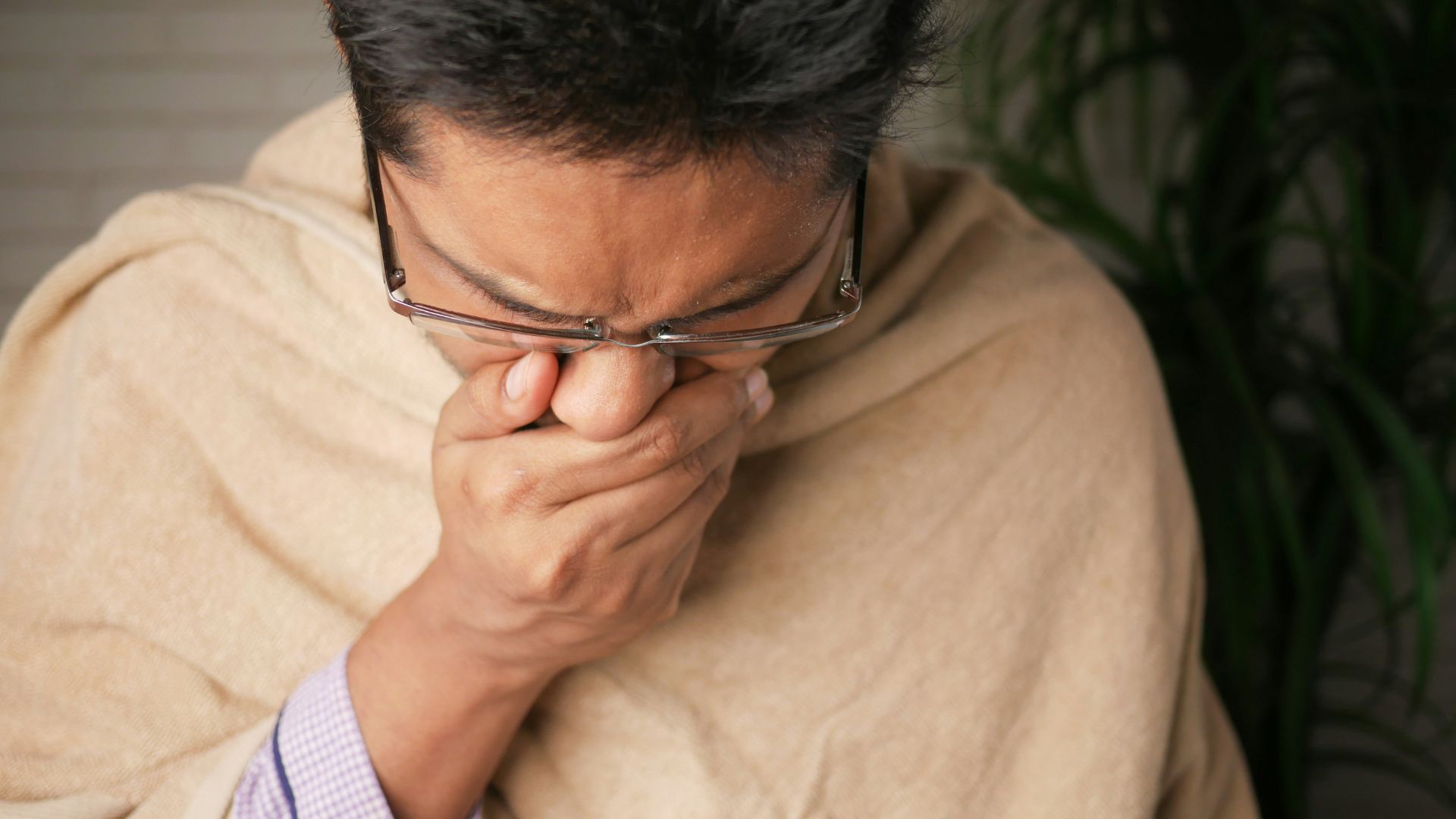
Marrazzo emphasized that as new variants of the virus emerge, steps like developing nasal vaccines would be an important part of the fight.
“While first-generation COVID-19 vaccines continue to be effective at preventing severe illness, hospitalizations, and death, they are less successful at preventing infection and milder forms of disease. With the continual emergence of new virus variants, there is a critical need to develop next-generation COVID-19 vaccines, including nasal vaccines, that could reduce SARS-CoV-2 infections and transmission,” said Marrazzo.
How Does it Work?
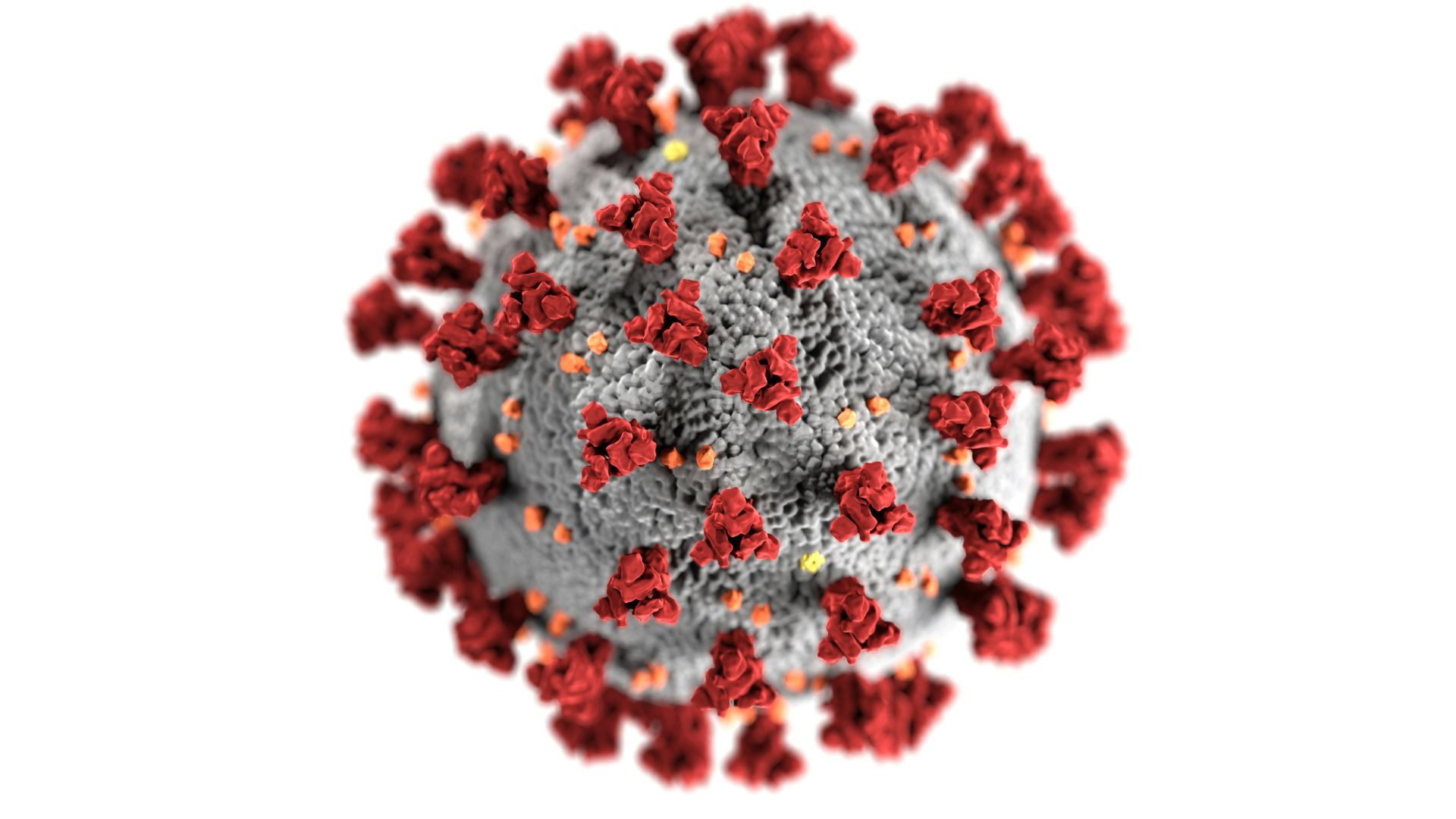
The vaccine uses a version of the murine pneumonia virus (MPV) to deliver a spike protein to the body that enables the immune system to create SARS-CoV-2 antibodies and provide local immunity in tissues that line the nose and respiratory tract.
The NIH asserts that this kind of immunity has been shown to be more effective than general systemic immunity in stopping the replication of respiratory viruses.
Doesn’t Cause Disease

MPV does not cause disease in humans and during non-human primate studies, the vaccine was found to be “safe” and “well tolerated.”
Researchers hope that delivering a vaccine directly to the places where natural coronavirus infections begin will be a more effective system to increase immune responses in the blood and nose.
Therapeutic Spray
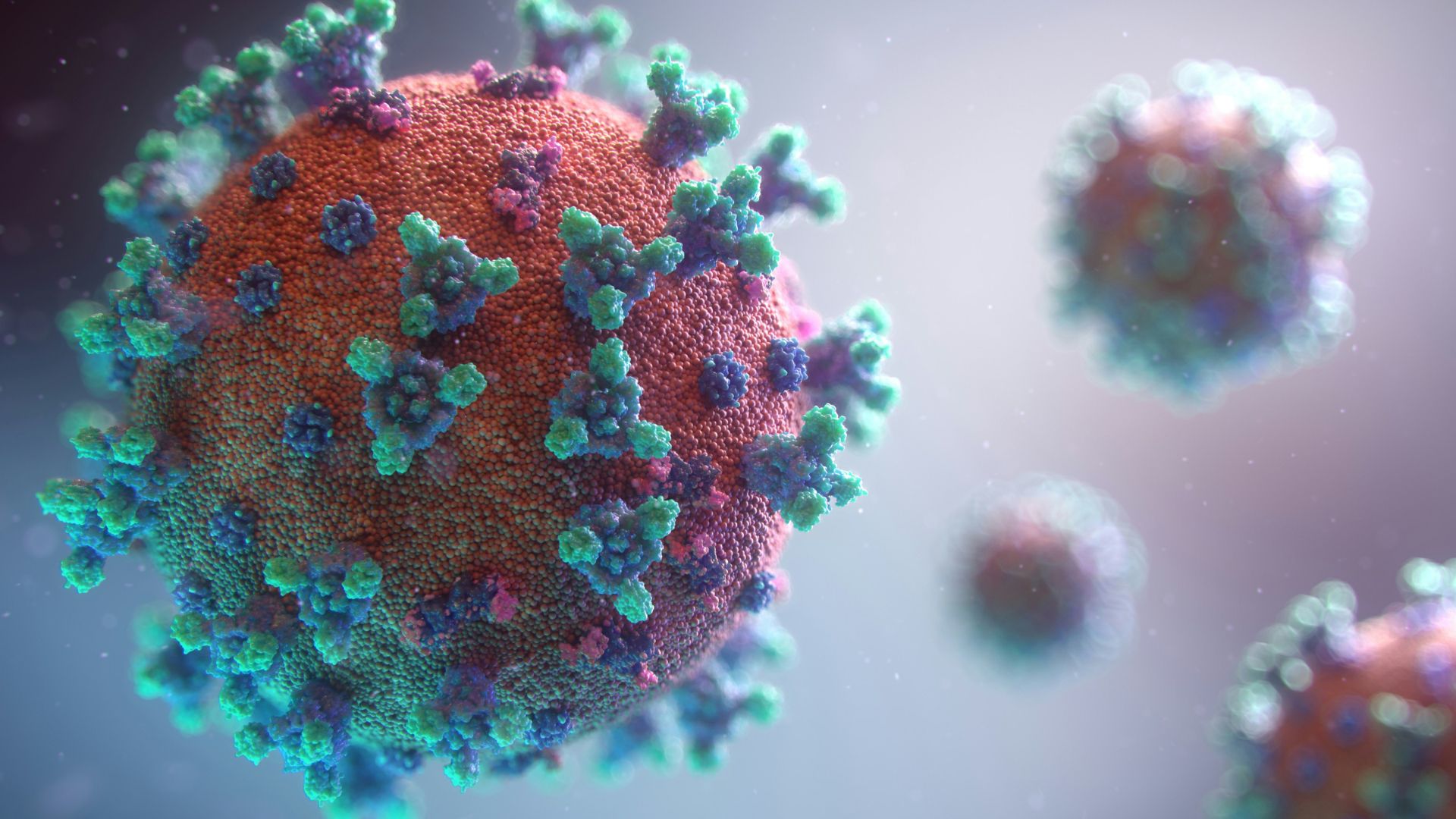
The other nasal spray being developed is described as a therapeutic aid for those with weak immune systems.
“The therapeutic will have a maximum impact on people who are immunocompromised to try and restore their immunity by activating it. Then, they’re protected from hospitalization,” said Dr. Navin Varadarajan at the University of Houston.
Heightened Nose Immunity
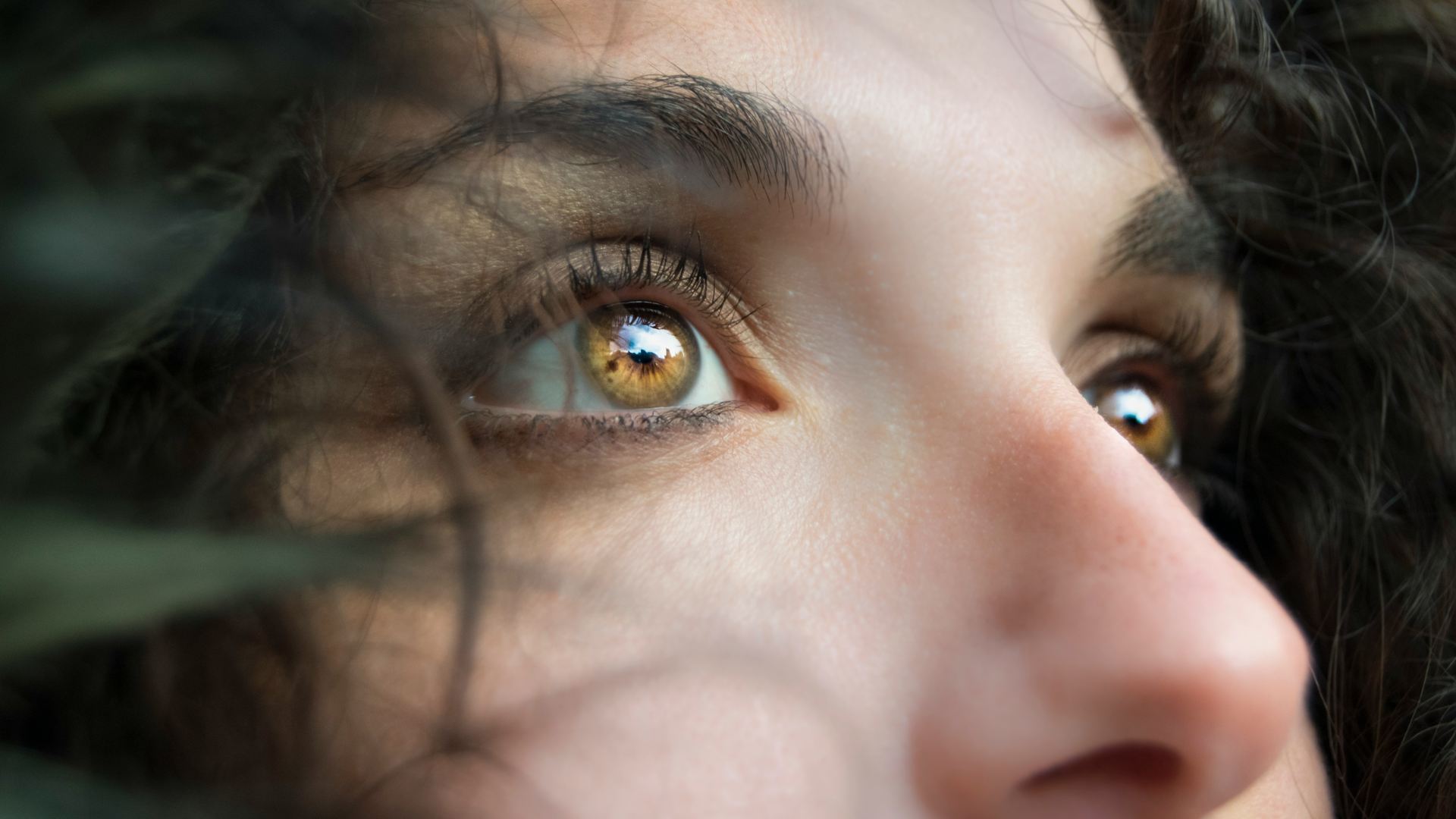
According to Varadarajan, these sprays are different from others in development because they don’t attack the virus directly, merely activating a heightened immune response in someone’s nose.
“Our approach is somewhat different because we harness the immune system. We don’t exactly attack the virus,” Varadarajan said. “Nothing in our formulation exactly attacks the virus, instead it activates your body’s immune system so that the immune system in your nose is in a heightened state of alert and is then able to tackle the virus.”
Advantages of Nasal Sprays
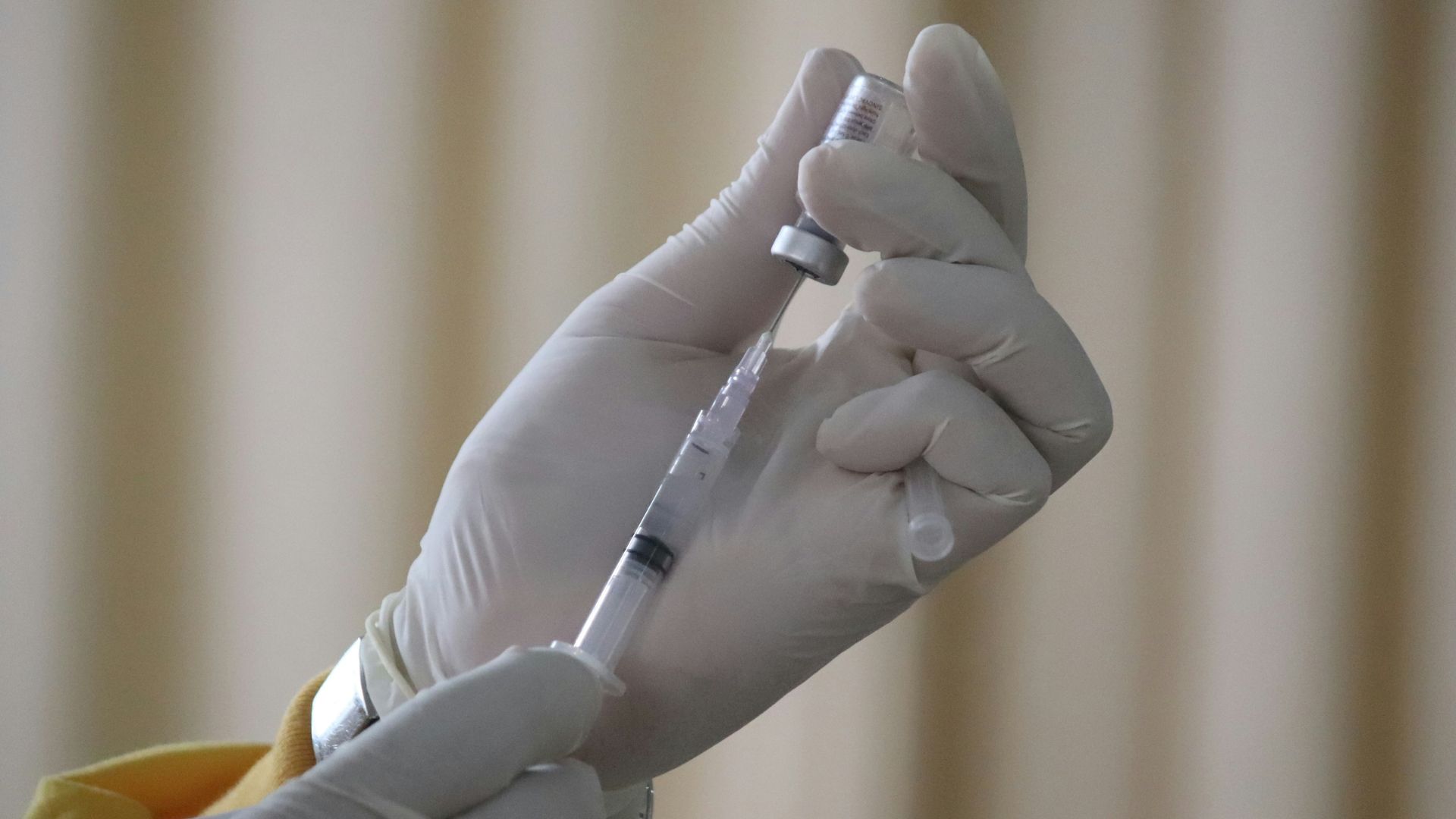
Studies have shown that patients are more likely to be accepting of an intranasal vaccine over submitting to a needle injection.
Nasal sprays could play an important role in keeping the population protected, as Americans have increasingly rejected new COVID-19 vaccines over time.
Preventing Infection
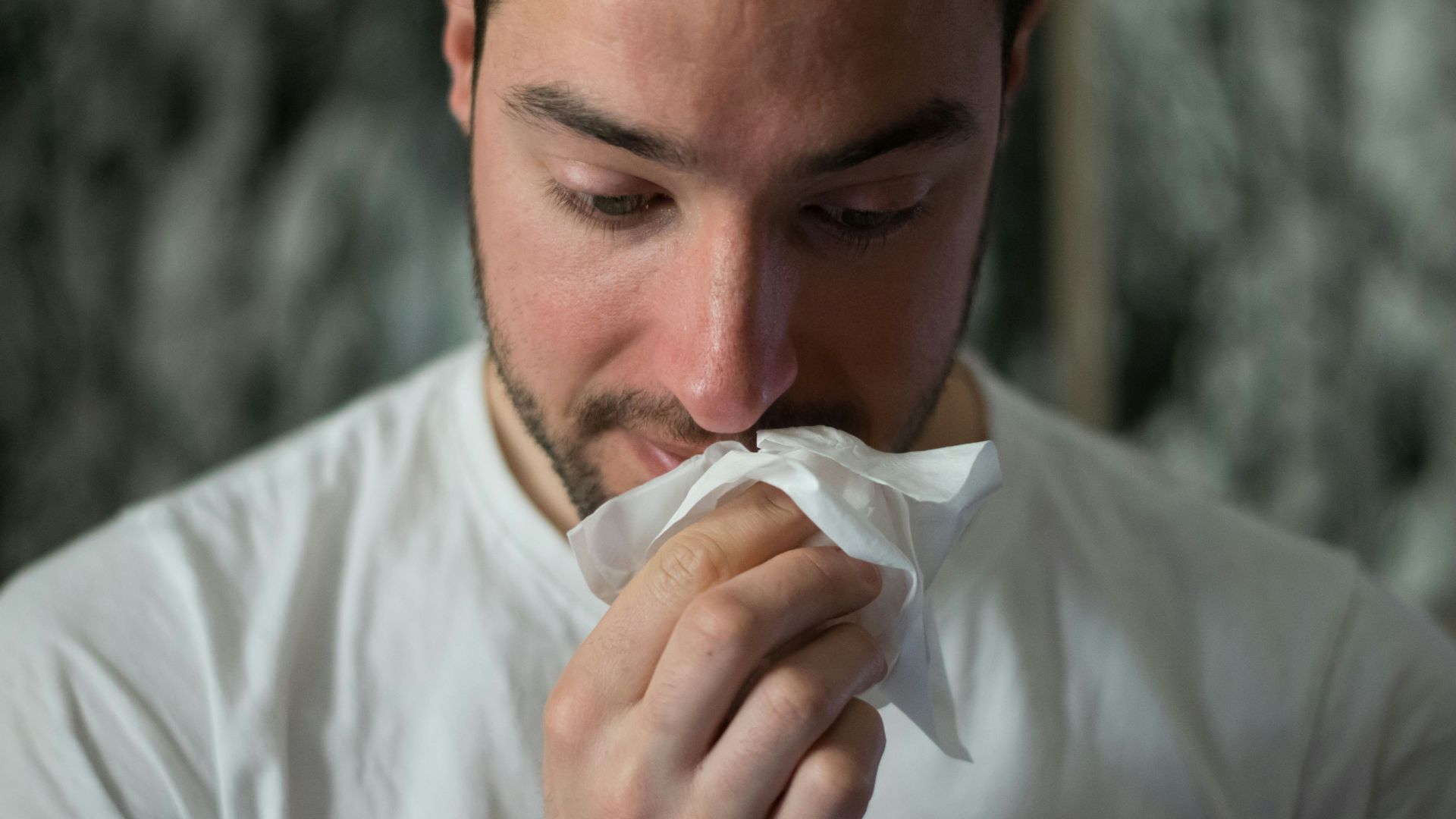
Scott Lindner, an associate professor of biochemistry and molecular biology in the Eberly College of Science at Penn State explained how current vaccines injected into the muscle don’t entirely prevent infection and spread of viruses.
“To date, essentially all COVID-19 vaccines are delivered by an injection into muscle. While effective at reducing the severity of infection and associated symptoms, these vaccines do not completely prevent infection or transmission of the virus to others,” said Lindner.
Systemic and Mucosal Response
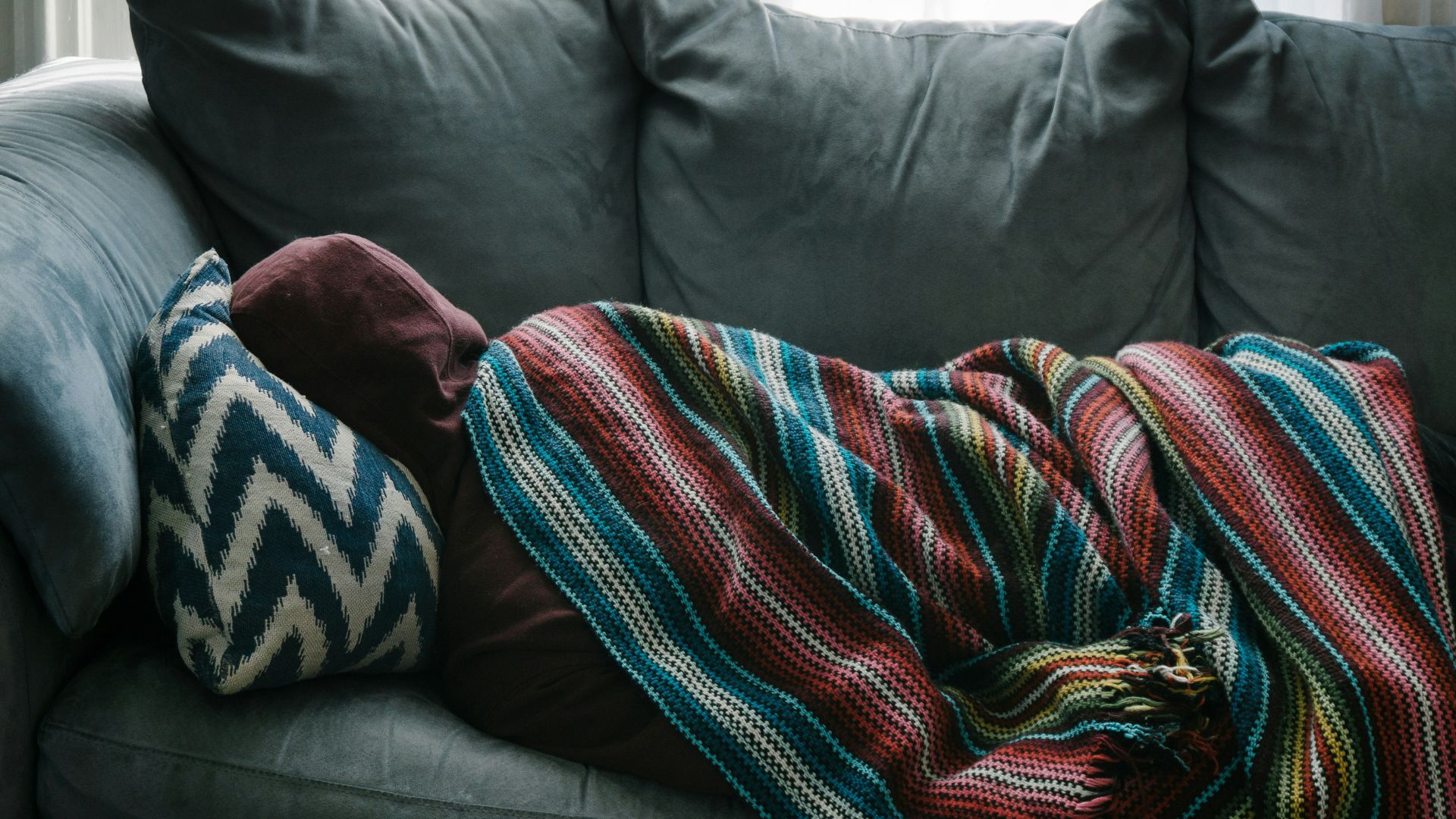
The hope with a nasal vaccine is that one gets the increased protection of systemic immunity for the individual that is complemented by an increased ability to prevent the virus from transmitting to others.
“An effective vaccine administered via the nose has the potential to induce a mucosal immune response as well as a systemic response,” said Troy Sutton, assistant professor of veterinary and biomedical sciences at Penn State.
Commercial Availability Might Be Far Away

Varadarajan speculates that it will still take some time before the nasal sprays become commercially available, but clinical trials could begin in earnest shortly.
“We do science because we want to be able to make a difference to people in human lives, and to having the opportunity to be able to work on something that can make it to humans and hopefully have the same effect in humans, is very rewarding,” said Varadarajan.
